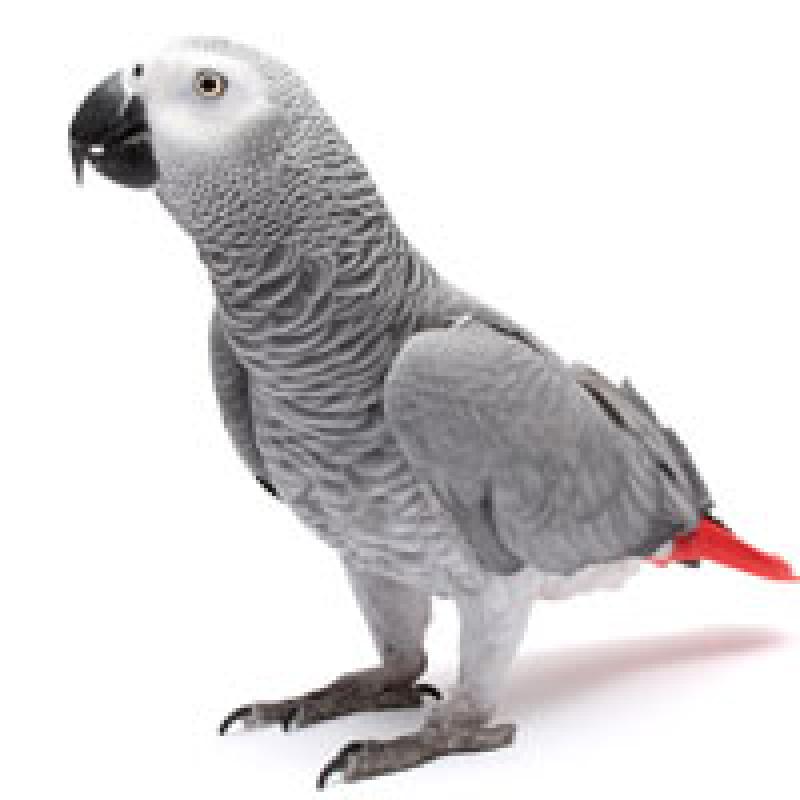Parrots Think They’re So Smart. Now They’re Bartering Tokens for Food.



Chalk up another achievement for parrots , with an odd twist that raises questions about whether the experimenters or the birds know best.
Image is clickable

swapping lower value items for higher value food. Comparative Cognition Research Group (CCRG)
Anastasia Krasheninnikova and colleagues at the Max Planck Institute for Ornithology in Germany tested four species of parrots in an experiment that required trading tokens for food and recently reported their findings in the journal Scientific Reports.
Would the birds resist an immediate reward to trade for something better? Many species have shown the ability to hold off on an immediate treat — like a dry corn kernel — for something tastier later on, like a bit of walnut.
Chimpanzees, monkeys and cockatoos, among other species, can defer gratification. But using tokens for trading had not been tried before in birds, Dr. Krasheninnikova said.
Here’s how it worked. First the birds, great green macaws, blue-throated macaws, blue-headed macaws and African grey parrots, learned that they could barter tokens for foods of different value — to the birds, that is.
A metal hoop could be traded for a piece of dry corn, the lowest value food, a metal bracket for a medium value sunflower seed and a plastic ring for the highest value food, a piece of shelled walnut.
The birds were then offered various choices, like a piece of corn or the ring. They all reliably chose to forego the corn and take the ring. Then they were able to trade the ring for a piece of walnut.
They also did well choosing a bracket instead of the corn, and in other situations where the token was of higher value than the food. The green macaws were consistently the best. The African greys, who have a reputation as very intelligent birds, did reasonably well on the obvious choices, but had some trouble when faced with a food and a token of the same value.
The right move, according to the experimenters, was to take the immediate reward of food. But the African greys, one in particular, often took the token. So instead of an immediate walnut it would get the ring and then trade it for a walnut.
Why take the extra step?
Dr. Krasheninnikova said the answer might lie in the way that African greys enjoy manipulating objects. “We know they’re very playful,” she said.
So maybe, those birds were making the right choice after all. They would get a moment to hold the ring, and still get the walnut in the end. After all, it was the humans who decided that it was better to get the food right away, not the parrots.





Parrots are cool...
Symbols are very important to people-- so probably to other species as well.
For example, when protestors burn the American flag (a symbol of the country) some people get extremely angry-- perhaps almost as much as they would if the country itself was being harmed. (But of course its just a piece of cloth-- although its also a symbol).
Marshall McLuhan ("The Medium is the Massage*" ) said that projections of reality are often more powerful than reality itself. I consider a symbol to be a sort of "projection of reality" and symbols sometimes evoke a more powerful reaction then would be evoked by the thing they represent...
__________________________
*Actually the word m assage or the word m essage work equally well there.